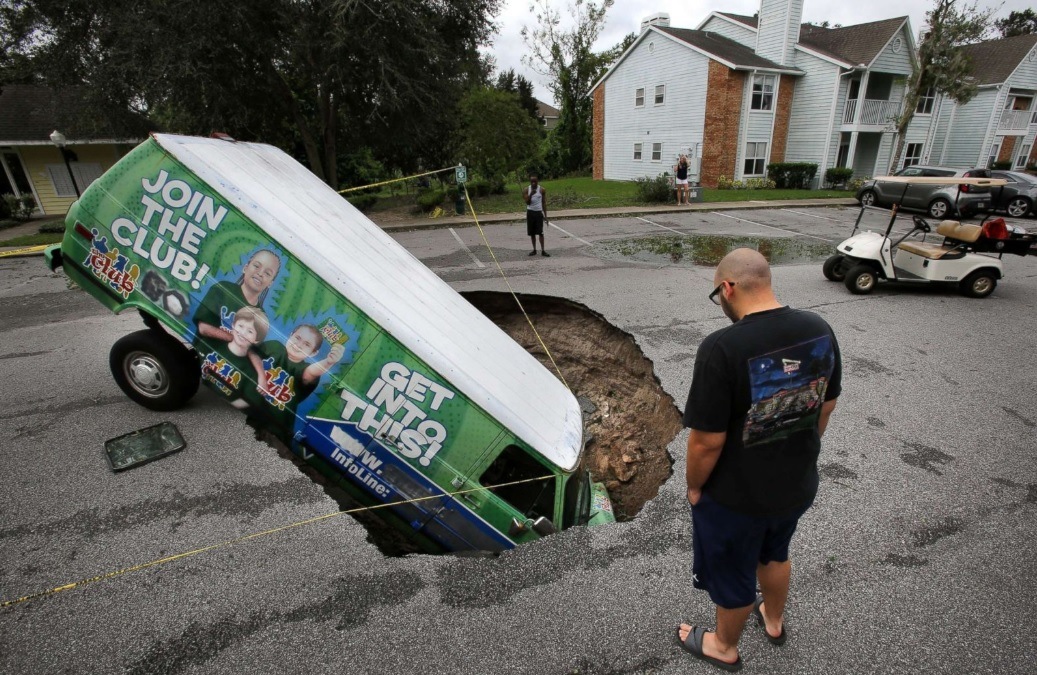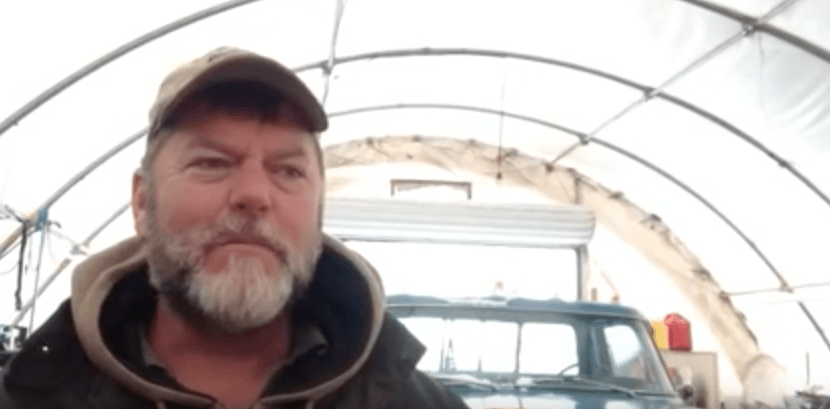Criminal Fertilizer Company that Already Settled $2 BILLION Lawsuit Wants 18,000 More Acres in Florida
Most health conscious and environmentally concerned people understand the problems facing us today due to modern agricultural and biotech practices. In the U.S. today, less than 1% of our population is producing the food for the country. When the U.S. was founded, about 90% of the population was involved in agriculture, and by the time Abraham Lincoln became president, that number still stood at around 50% of the population producing food for the country. Today, traditional small-scale sustainable farming is rare and has been replaced by biotech and the mass production of food. GMO food, along with the contamination of the food supply by pesticides and herbicides, is fairly well known today. But there is one aspect of modern-day agriculture that often slips under the radar of public awareness that is as ecologically harmful to human health or even worse. It is the worldwide phosphate fertilizer industry. And it is especially out of control here in America, in China, and in other regions to lesser extents. Florida’s phosphate industries supply 75 percent of U.S. fertilizers. Now the world’s largest phosphate mining and manufacturing company, Mosaic Fertilizer, is looking to grab more land in Florida with the usual carrot of economic development, put simply, more local jobs. Those who know the history and methods of this industry are trying to convince ignorant citizens and county commissioners that the risks far outweigh the benefits promised, even if actually fulfilled. Mosaic Fertilizer has already settled a $2 billion lawsuit to clean up 60 billion pounds of hazardous waste in Florida and Louisiana - one of the largest federal lawsuits ever settled. Now it wants to grab even more land in Florida, seeking 18,000 acres for strip mining.





